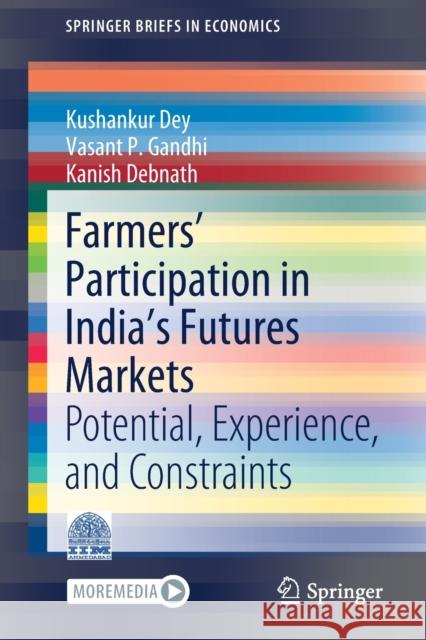Farmers' Participation in India's Futures Markets: Potential, Experience, and Constraints » książka
topmenu
Farmers' Participation in India's Futures Markets: Potential, Experience, and Constraints
ISBN-13: 9789811634314 / Angielski / Miękka / 2021 / 122 str.
Kategorie:
Kategorie BISAC:
Wydawca:
Springer
Seria wydawnicza:
Język:
Angielski
ISBN-13:
9789811634314
Rok wydania:
2021
Wydanie:
2021
Numer serii:
000433834
Ilość stron:
122
Waga:
0.23 kg
Wymiary:
23.39 x 15.6 x 0.84
Oprawa:
Miękka
Wolumenów:
01
Dodatkowe informacje:
Wydanie ilustrowane











